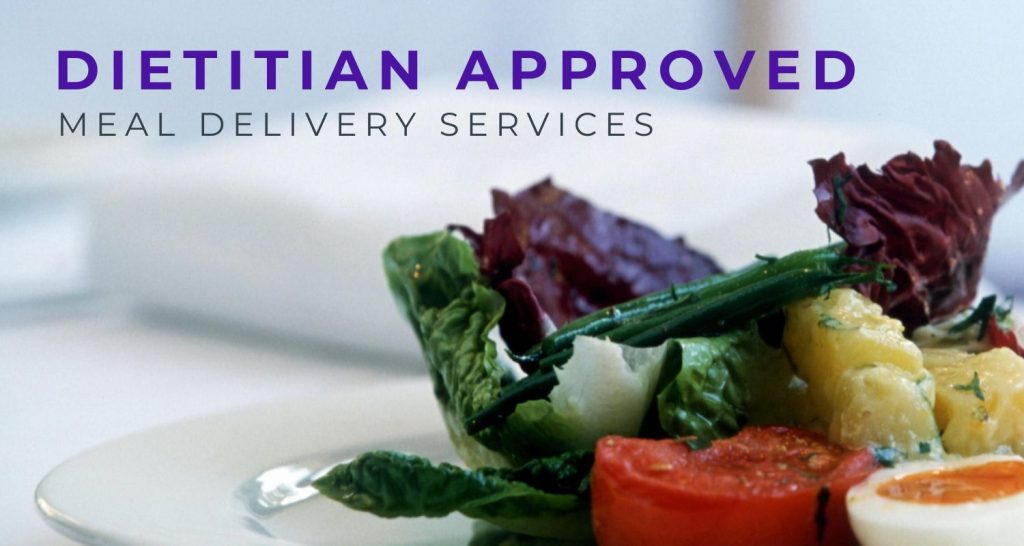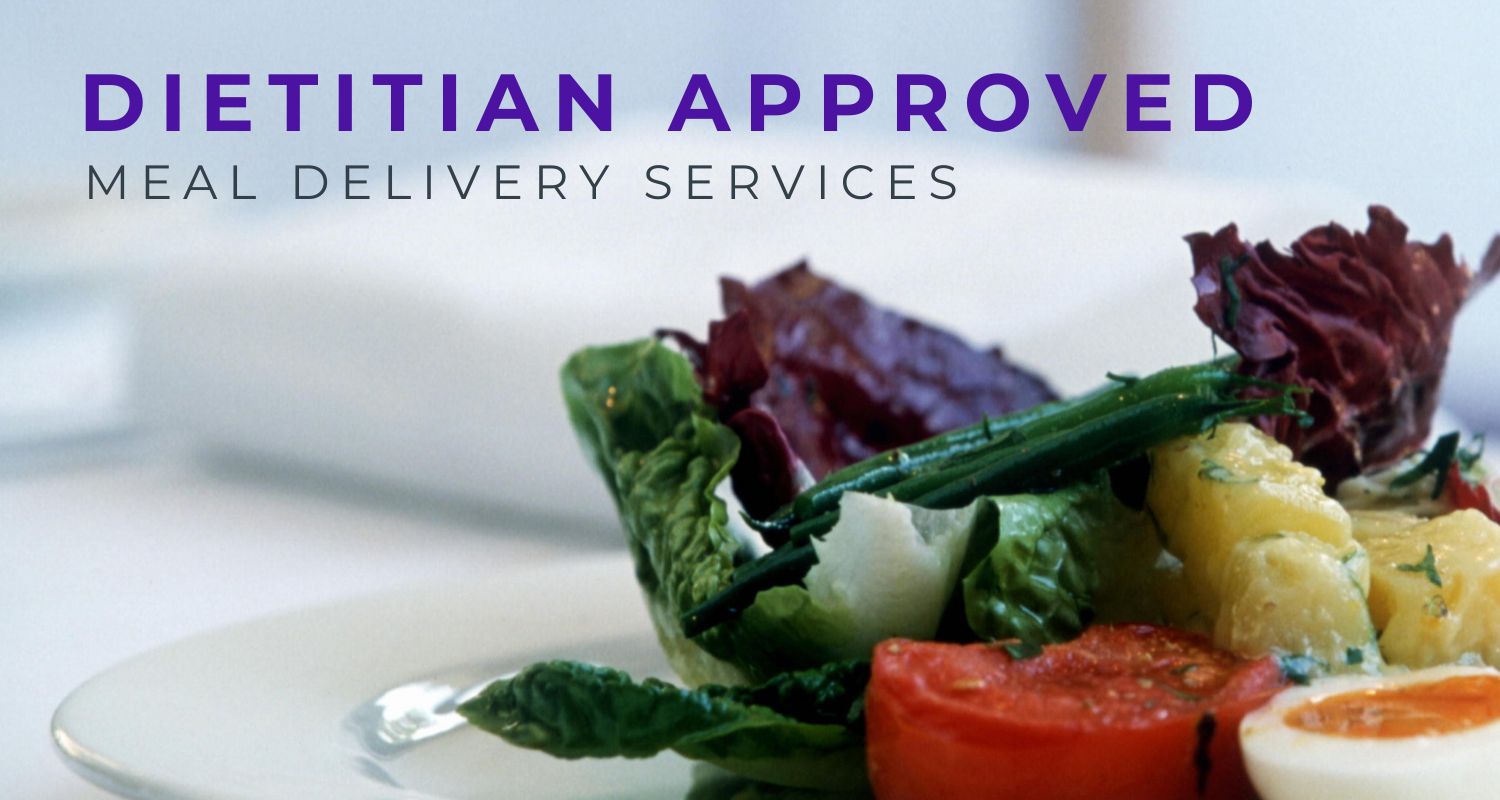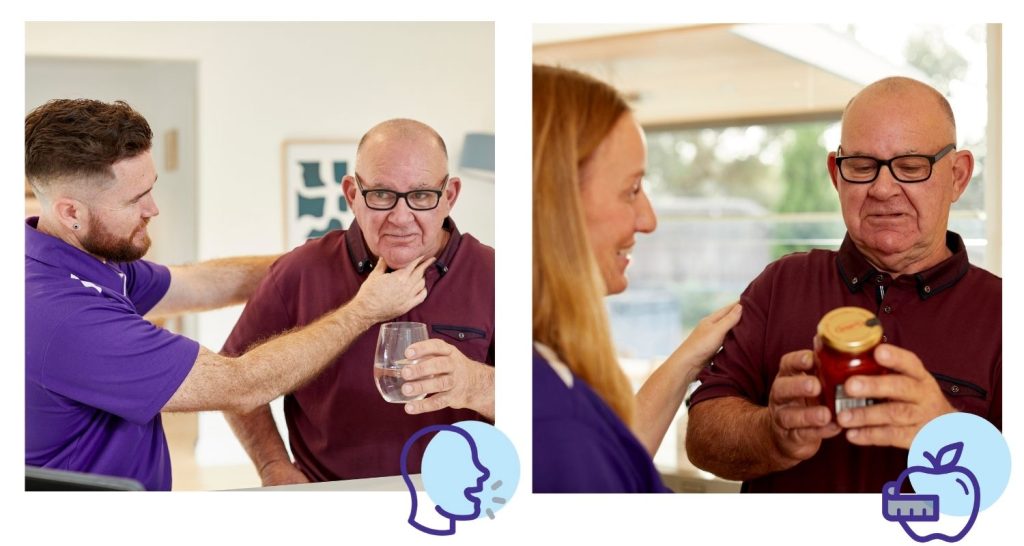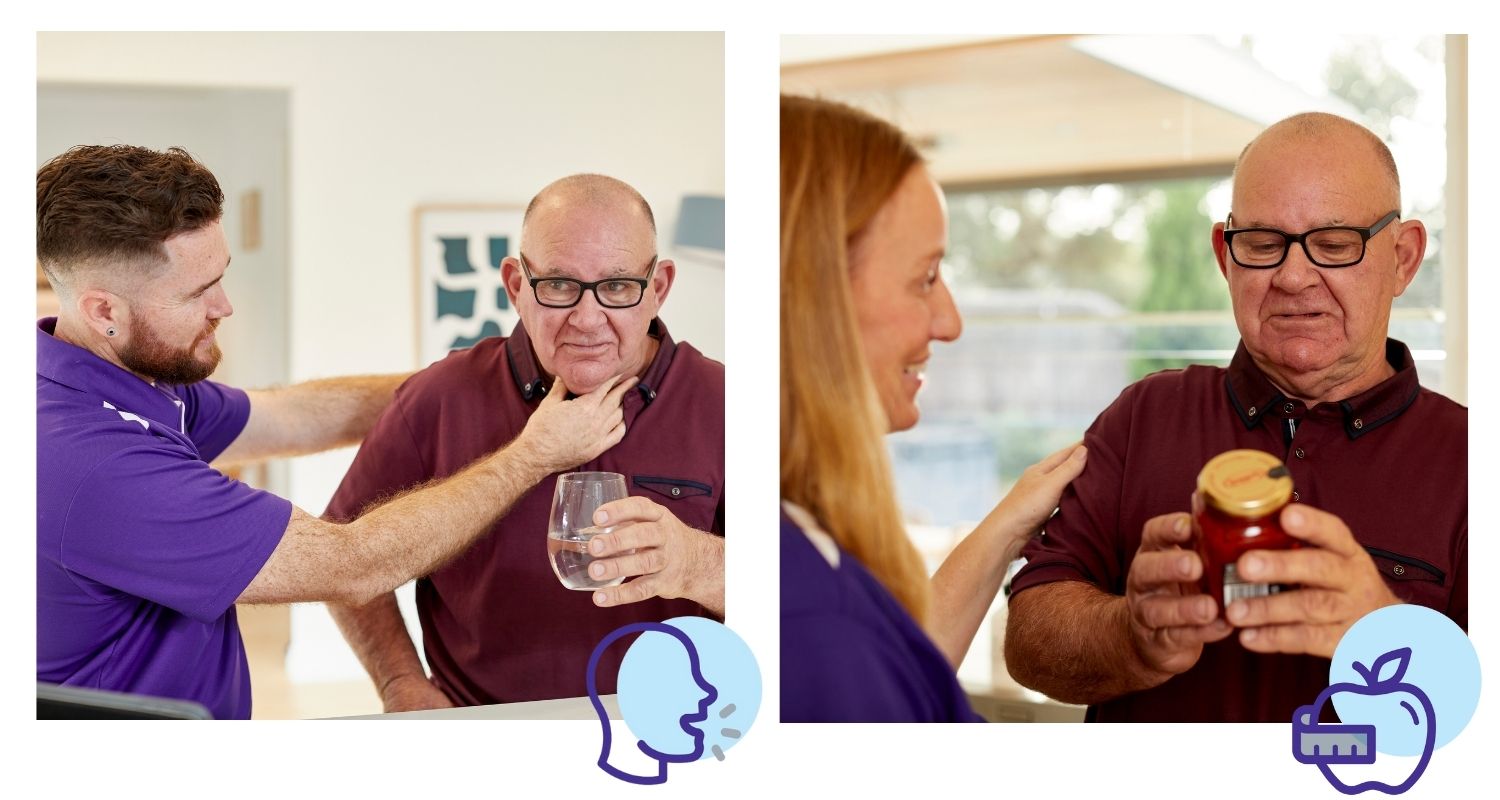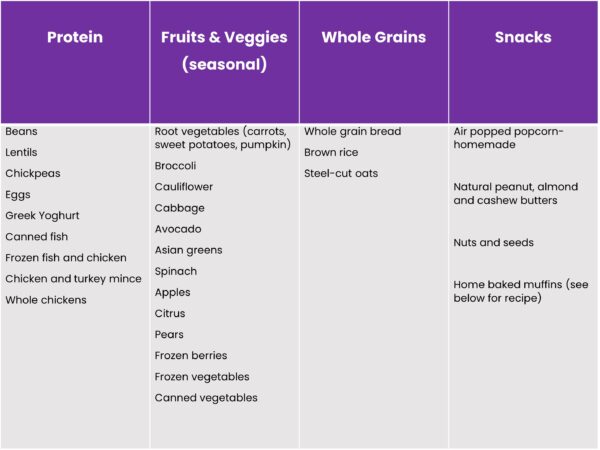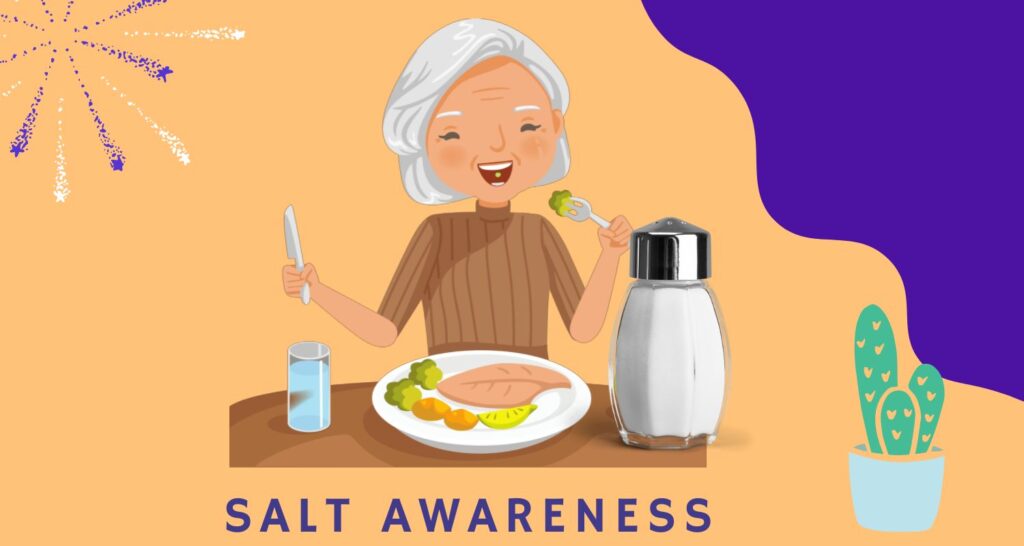Proper hydration is one of the simplest and most effective ways to support overall health and wellbeing. At Empower Healthcare, we work closely with providers and participants to promote healthy habits that enhance daily living and drinking enough water is at the top of that list.
Whether you’re heading out for a walk, participating in therapy sessions, or simply going about your day, maintaining adequate hydration helps your body function at its best.
🌟 How Much Water Do You Really Need?
Most people have heard the advice to drink 2 litres of water a day, but hydration needs vary widely. Water makes up around 70% of our body weight and plays a role in nearly every bodily function—from regulating temperature to supporting digestion and cognitive performance.
Your ideal water intake depends on several factors:
- Body weight
- Activity level
- Climate and temperature
- Lean body mass
- Age and gender
Because lean body mass (muscles, organs, bones) contains more water than fat mass, individuals with higher muscle mass—typically men—require more water. As we age, lean body mass naturally decreases, which means older adults generally need slightly less water but must be more mindful about staying hydrated.
👵 Hydration and Ageing: Why Older Adults Need to Pay Extra Attention
As people age, the body’s natural thirst response becomes less reliable. This means older adults may not feel thirsty even when their body needs fluids. Combined with reduced lean body mass, this can increase the risk of dehydration.
Encouraging regular water intake is essential for:
- Supporting cognitive function
- Maintaining energy levels
- Preventing dizziness and falls
- Supporting digestion and kidney function
Providers and carers can play a key role in prompting and supporting hydration throughout the day.
🚰 How to Tell If You’re Hydrated
A simple and effective way to monitor hydration is by checking urine colour:
- Pale yellow or clear → well hydrated
- Dark yellow → your body needs more water
Even mild dehydration can affect mood, concentration, coordination, and physical performance. Hydration isn’t about drinking large amounts at once—it’s about sipping consistently throughout the day.
💡 Practical Hydration Tips for Everyday Life
Supporting good hydration habits doesn’t need to be complicated. These simple strategies can make a big difference:
- Keep a water bottle nearby—on the couch, in the car, or during appointments.
- Set reminders on your phone or use a hydration tracking app.
- Drink a glass of water when you wake up and before meals.
- Add lemon, mint, or berries to make water more appealing.
- Place visual cues around the home to encourage regular drinking.
During exercise, aim to drink regularly to stay hydrated. The American Council on Exercise recommends drinking 500–600 ml of water 2–3 hours before exercise, followed by 200–300 ml every 10–20 minutes depending on sweat rate.*
⚠️ Can You Drink Too Much Water?
While rare, drinking excessive amounts of water in a short period can overwhelm the kidneys and dilute the blood. This is uncommon and usually only occurs when consuming several litres rapidly.
The safest approach is steady, balanced hydration throughout the day. If you feel thirsty, your body is signalling a need—responding promptly helps maintain optimal function.
🍹 Foods and Drinks That Can Increase Dehydration
Some foods and beverages can contribute to fluid loss or increased thirst:
- Alcohol
- Caffeinated drinks (coffee, tea, energy drinks)
- High‑salt foods such as chips, processed meats, and salted nuts
- High‑sugar drinks like soft drinks and fruit juices
These items bind to water in the body or increase urination, making it harder to stay hydrated. Enjoy them in moderation and balance them with plenty of water.
🌈 Small Habits, Big Impact
Staying hydrated supports physical health, mental clarity, mobility, and overall wellbeing. For participants and providers alike, prioritising hydration is a simple step that leads to meaningful improvements in daily life.
So fill up your water bottle and make hydration part of your routine—your body and mind will thank you for it.
…




